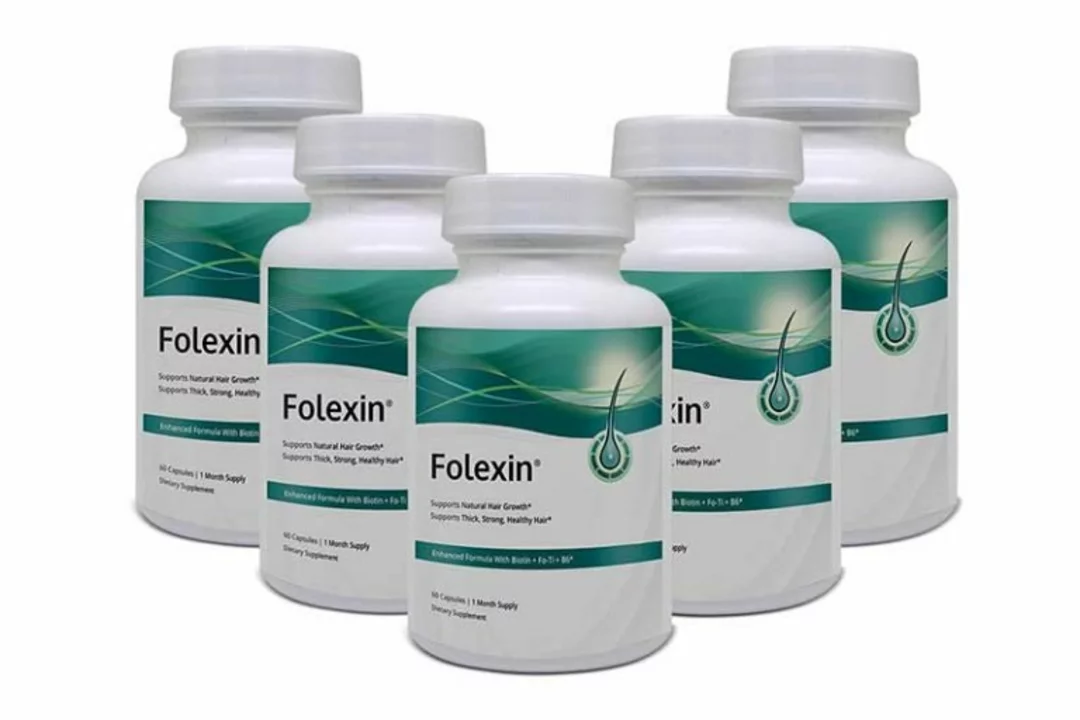Hemlock Spruce: How to ID Them, Stay Safe, and Find Related Info
Hemlock and spruce are very different plants but the same tag can cover both because people ask about them together — from identification to safety and herbal uses. Here you'll get clear ID tips, quick safety steps if you touch or ingest a plant, and direct pointers to relevant articles on DoctorAlexa Pharmaceuticals.
Hemlock (think Conium or poison hemlock) is a tall, hollow-stemmed plant with purple-speckled stalks and umbrella-like clusters of small white flowers. It smells unpleasant when crushed. Spruce is a conifer — a tree with stiff needles attached singly to branches and cones that hang or sit upright depending on the species. If you're unsure which plant you're looking at, photos from local extension services help a lot; always double-check before touching or tasting anything wild.
Quick safety tips
If you suspect contact or ingestion with a toxic plant like poison hemlock, act fast. Remove contaminated clothing, rinse skin with water, and call your local poison control center or emergency services. For breathing problems, dizziness, severe nausea, or seizure, call emergency services immediately. Don’t try home remedies or induce vomiting unless a professional tells you to.
For spruce-related concerns (resin or needle irritation, mild allergic reactions), rinse affected skin and monitor symptoms. Many people use spruce resins or needles in traditional remedies, but allergies and contamination are possible. If you plan to use any wild plant for health reasons, talk to a clinician first — especially if you're pregnant, breastfeeding, or on medication.
Related reads on DoctorAlexa Pharmaceuticals
Here are helpful articles from our site that connect to plant safety, herbs, and supplements. Each title links to practical, plain-language info you can use right away.
- Wild Thyme for Better Digestion: Gut Health Secrets and Proven Carminative Effects — how wild thyme supports digestion and safe ways to use it.
- Discover the Top 10 Health Benefits of Oregano Supplements — what oregano supplements do and evidence behind their use.
- Sleep Tight with Valerian: Natural Remedies for Insomnia and Anxiety — clear guidance on valerian dosing and risks.
- Fluocinolone for Burns: Understanding Its Safety and Effectiveness — when topical steroids help and when they can harm.
- Albendazole Use During Pregnancy: Doctors Answer Moms’ Most Common Questions — real-world advice on medication safety during pregnancy.
Those articles are a good next step if you're exploring herbal remedies or worried about plant exposures. They break down safety, dosing, and who should avoid specific herbs.
If you collect plants or use wild herbs, keep a plant guide handy, label what you harvest, and never assume an unfamiliar plant is safe. When in doubt, leave it alone and consult a local expert or your healthcare provider.
Want help finding the right article or have a specific plant concern? Use our contact page to reach DoctorAlexa Pharmaceuticals — we’ll point you to reliable, practical information fast.

Why Hemlock Spruce is the Next Big Thing in Dietary Supplements: Unveiling the Secret to Optimal Health
As a health enthusiast, I'm excited to share that Hemlock Spruce is becoming the next big thing in dietary supplements. This amazing natural resource contains numerous health benefits that we're just beginning to explore. From boosting our immune system to reducing inflammation, Hemlock Spruce is proving to be the secret to optimal health we've been searching for. I can't wait to see what new discoveries will be made as more people start incorporating this powerful supplement into their daily routine. Stay tuned for more updates on this incredible breakthrough in the world of health and wellness!
More Detail